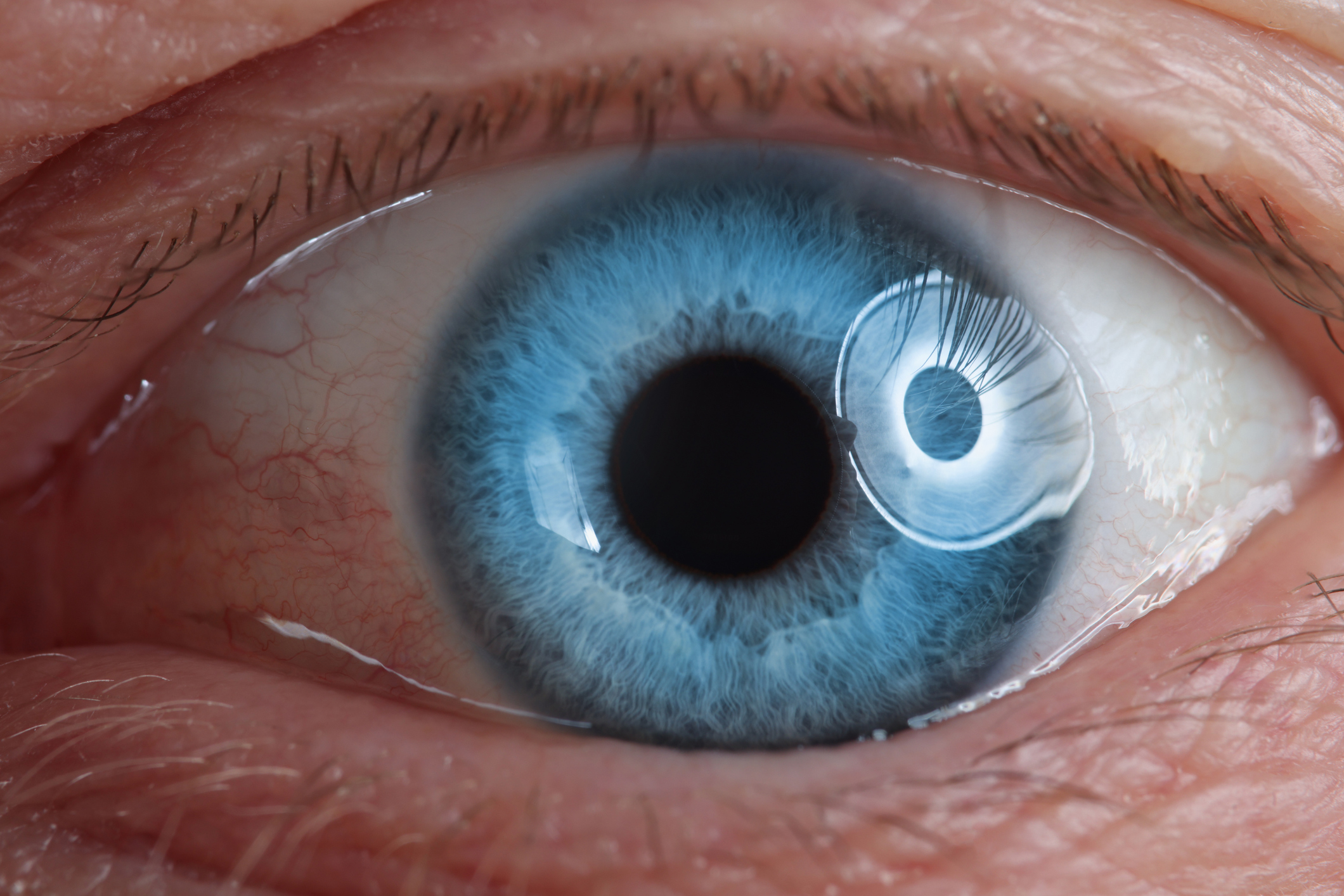Get Easy Health Digest™ in your inbox and don’t miss a thing when you subscribe today. Plus, get the free bonus report, Mother Nature’s Tips, Tricks and Remedies for Cholesterol, Blood Pressure & Blood Sugar as my way of saying welcome to the community!
The cholesterol drugs giving you cataracts

Did you know that the statin drug Lipitor is the biggest-selling drug in the history of the pharmaceutical industry?
And though the evidence for using statins to lower ‘bad’ cholesterol to prevent heart attack and stroke, may not be as strong as previously thought, more than 40 million Americans take these drugs to lower their LDL.
But, if you’re a statin-taker, you know they do far more than just that.
They cause often severe muscle pain by killing off your muscle cells.
They can lead to kidney damage.
Statins can also double your risk of dementia and triple your risk of diabetes.
And there’s one more statin danger you should be aware of — cataracts.
Mimicking statin activity
Past research had already begun to link statins with the risk of cataracts.
So a team of scientists from the University of Copenhagen in Denmark decided to take it a step further and explore whether certain genes that mimic the activity of statins work to independently increase the risk of developing cataracts.
One specific gene region, known as HMGCR, can influence the way you metabolize cholesterol by inhibiting an enzyme called HMG-CoA-reductase — the exact mechanism of action of those LDL-lowering meds.
The team used the UK Biobank, a large database of UK residents that tracks serious health and medical conditions of nearly half a million adults, to analyze the genetic data of over 402,000 people to determine the risk of cataracts based on that action.
“When we carry a loss-of-function mutation, the gene is less likely to work,” said lead study author, Jonas Ghouse, MD, PhD. “If that gene doesn’t work, the body can’t produce that protein. Simply put, the loss-of-function mutation in the HMGCR gene equals taking a statin medication.”
So what did they discover happens if your HMGCR gene doesn’t work (or you’re taking statins)?
The researchers discovered that:
- For every 38.7 mg/dL reduction in LDL cholesterol by the genetic score (of common gene variants), your risk of cataracts goes up by 14 percent, while your risk of requiring cataract surgery rises by 25 percent.
- People with more rare HMGCR loss-of-function mutations were more than four-and-a-half times as likely to develop cataracts and over five times as likely to have cataract surgery.
Even the researchers were shocked by that second number, which more than quadrupled the risk of cataracts.
“The main difference between the two analyses is that loss-of-function mutations are really more detrimental than common variants, meaning they mimic change that is often induced by medications,” Ghouse said. “We believe that the true effect lies closer to the loss-of-function mutation association than the common variant association. When taking statins, you have an almost-complete inhibition of that protein, and when you have a loss-of-function mutation you also have a significantly reduced ability to produce that protein.”
In other words, they believe statins may more than quadruple cataract risk too.
Balancing cholesterol risk with cataract dangers
Common statins to watch out for include:
- Lipitor
- Crestor
- Lescol XL
- Altoprev
- Livalo
- Pravachol
- Ezallor
- Zocor
- Zypitamag
Remember, statins are not a miracle drug.
So if you’re taking any of these medications, be sure to talk to your doctor about whether you’re at risk for cataracts, as well as other options you can use to control your cholesterol.
Cardiologist, Dr. Elizabeth Klodas, offers great advice on lowering LDL besides just using drugs.
I’ve compiled 6 ways to help manage cholesterol without drugs as well.
And you may also want to see what the latest is on cholesterol-lowering omega-3s.
Editor’s note: While you’re doing all the right things to protect your brain as you age, make sure you don’t make the mistake 38 million Americans do every day — by taking a drug that robs them of an essential brain nutrient! Click here to discover the truth about the Cholesterol Super-Brain!
Sources:
Genetic Study Shows Cholesterol-Lowering Statins May Increase the Risk of Cataracts – SciTechDaily
Association of Common and Rare Genetic Variation in the 3‐Hydroxy‐3‐Methylglutaryl Coenzyme A Reductase Gene and Cataract Risk — Journal of the Amerian Heart Association













